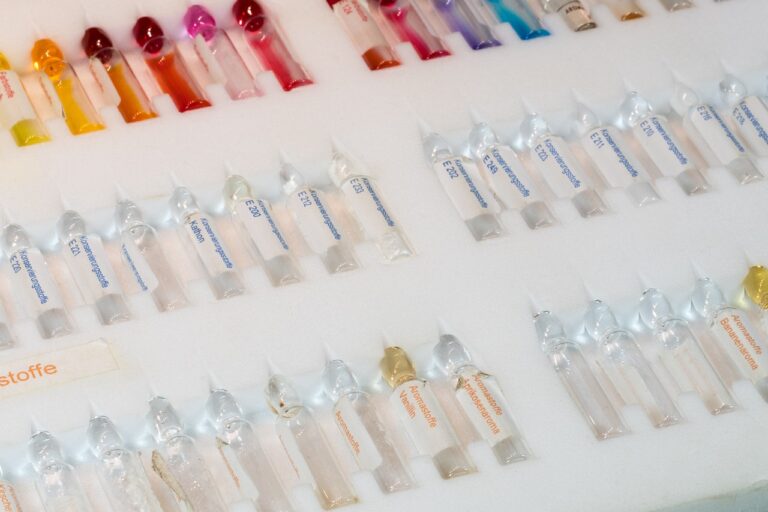The Role of Lycopene in Female Fertility
bit bhai 9, radhe exchange, lotus365.win login: The role of lycopene in female fertility
In recent years, there has been a growing interest in the potential health benefits of lycopene, a powerful antioxidant found in tomatoes and other red fruits and vegetables. While lycopene is known for its role in promoting heart health and reducing the risk of certain types of cancer, research suggests that it may also play a significant role in female fertility.
So, what exactly is lycopene, and how does it impact fertility in women? Let’s explore this fascinating topic.
What is lycopene?
Lycopene is a carotenoid pigment that gives certain fruits and vegetables their red color. It is a potent antioxidant that helps protect cells from damage caused by free radicals, which are unstable molecules that can harm the cells in our bodies.
In addition to its antioxidant properties, lycopene has been studied for its potential health benefits, including its role in promoting heart health, reducing the risk of cancer, and improving skin health.
Lycopene and female fertility
Recent research suggests that lycopene may also play a crucial role in female fertility. Studies have shown that lycopene levels are higher in women who are able to conceive compared to those who struggle with infertility.
One study published in the journal Fertility and Sterility found that women with higher levels of lycopene in their blood were more likely to conceive compared to those with lower levels. The researchers suggested that lycopene may help improve egg quality and support overall reproductive health in women.
Another study published in the journal Reproductive Biology and Endocrinology found that lycopene supplementation improved the production of reproductive hormones in women with polycystic ovary syndrome (PCOS), a common cause of infertility in women.
Overall, the research suggests that lycopene may help support female fertility by protecting reproductive cells from oxidative stress and inflammation, which can affect egg quality and overall reproductive health.
Incorporating lycopene into your diet
So, how can you incorporate more lycopene into your diet to support your fertility? The good news is that lycopene is readily available in a variety of foods, with tomatoes being the richest source of this antioxidant.
To boost your lycopene intake, consider adding more tomatoes, tomato sauce, tomato paste, and tomato-based products to your meals. Other sources of lycopene include watermelon, pink grapefruit, guava, and red bell peppers.
You can also consider taking a lycopene supplement to ensure you are getting enough of this important antioxidant. However, it’s essential to speak with your healthcare provider before starting any new supplement regimen, especially if you are pregnant or trying to conceive.
FAQs
1. Can lycopene improve egg quality?
Research suggests that lycopene may help improve egg quality by protecting reproductive cells from oxidative stress and inflammation, which can impact fertility.
2. How much lycopene should I consume daily?
There is no specific recommended daily intake for lycopene, but including a variety of lycopene-rich foods in your diet can help support your fertility.
3. Can lycopene help with other aspects of female health?
Lycopene has been studied for its potential benefits in promoting heart health, reducing the risk of cancer, and improving skin health in addition to supporting fertility.
In conclusion, lycopene is a powerful antioxidant that may play a significant role in female fertility by improving egg quality and supporting overall reproductive health. By incorporating lycopene-rich foods into your diet and considering lycopene supplements, you may be able to boost your fertility and increase your chances of conceiving. Remember to consult with your healthcare provider before making any significant changes to your diet or supplement routine.







